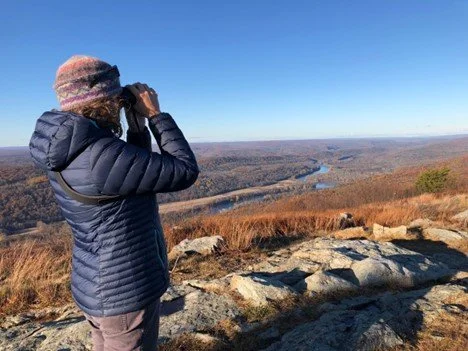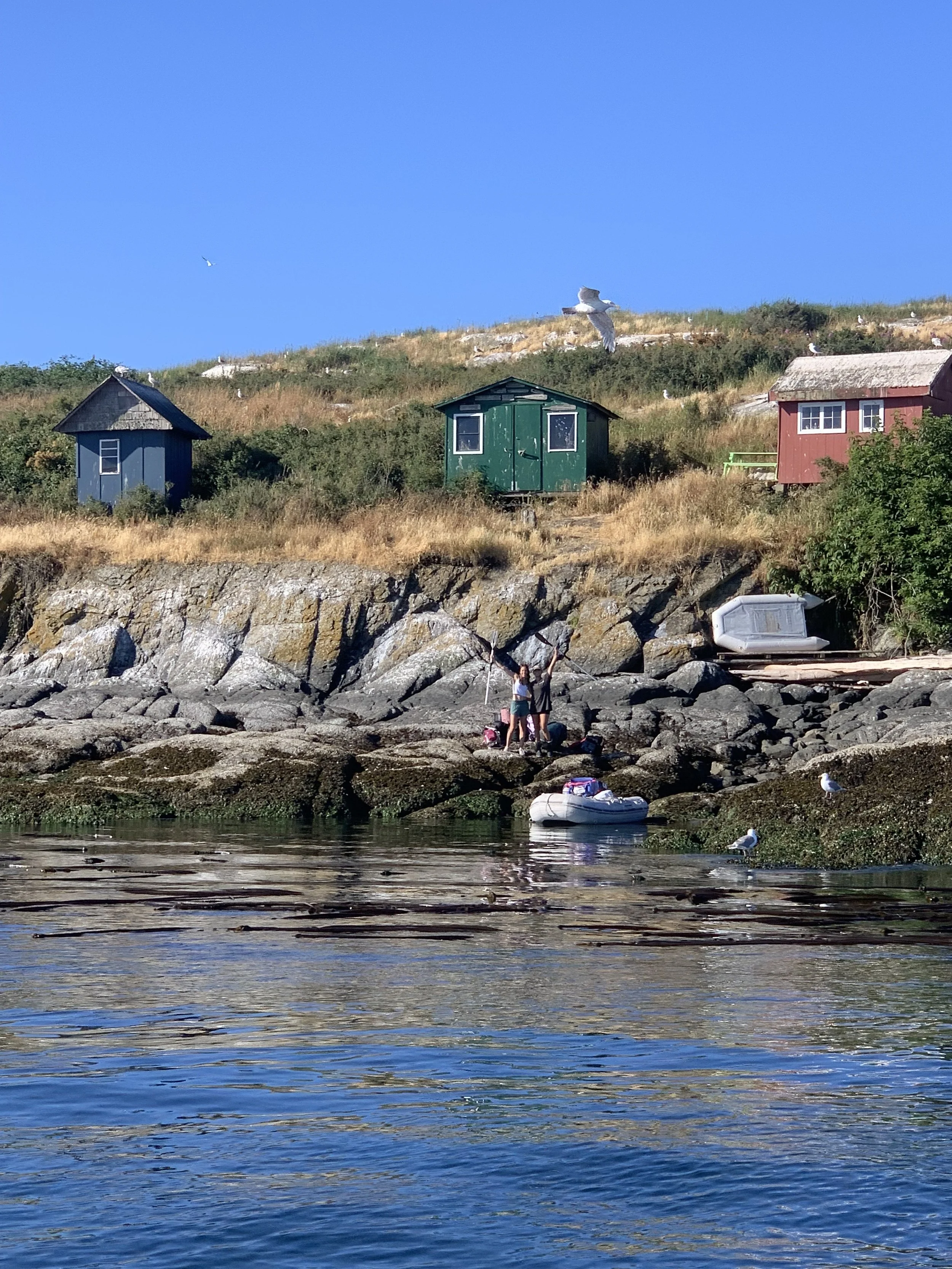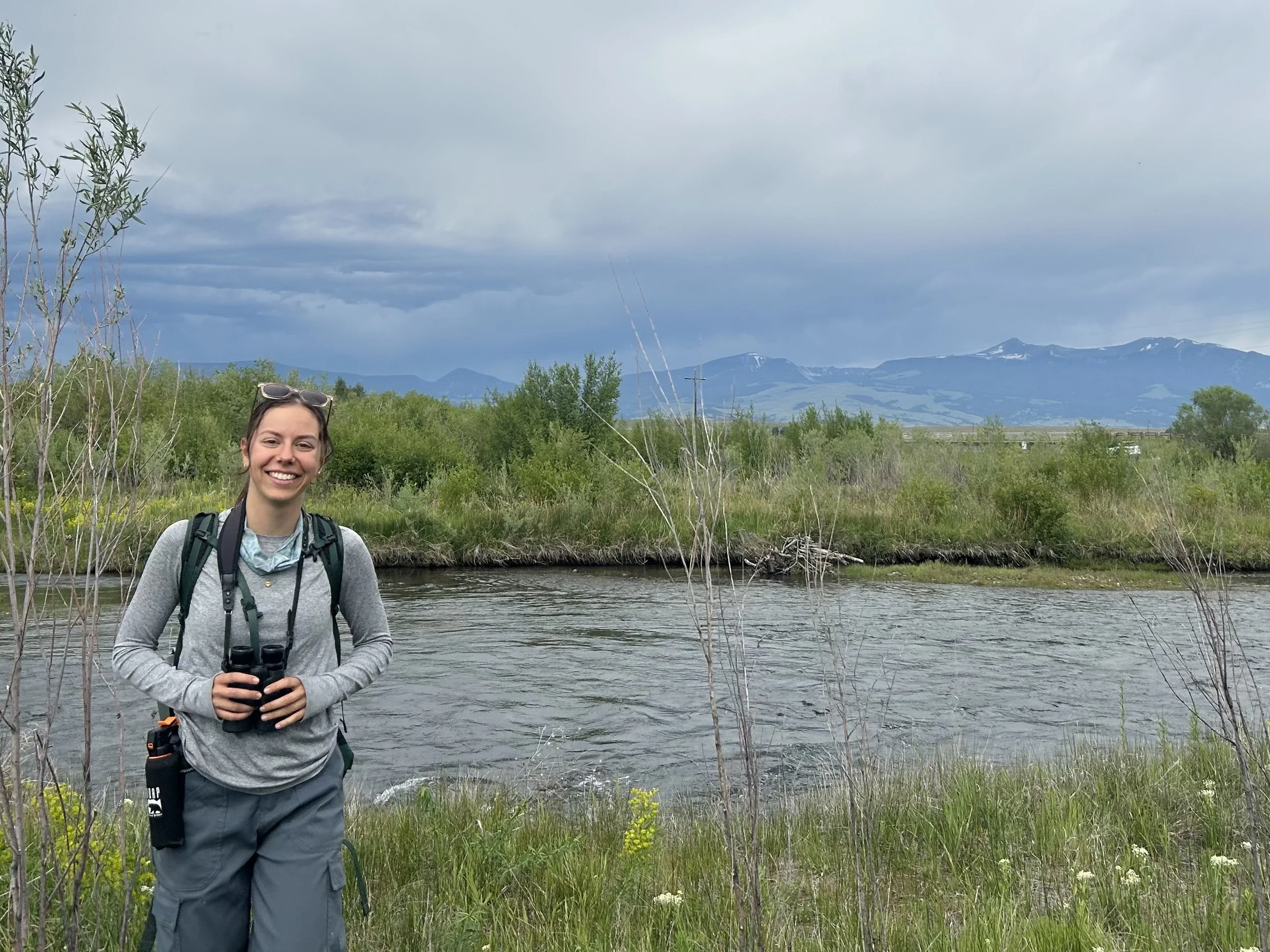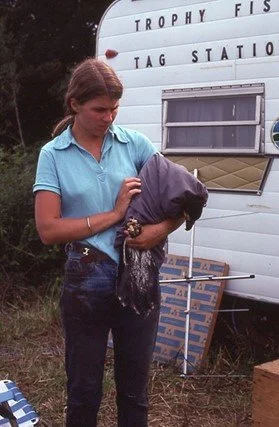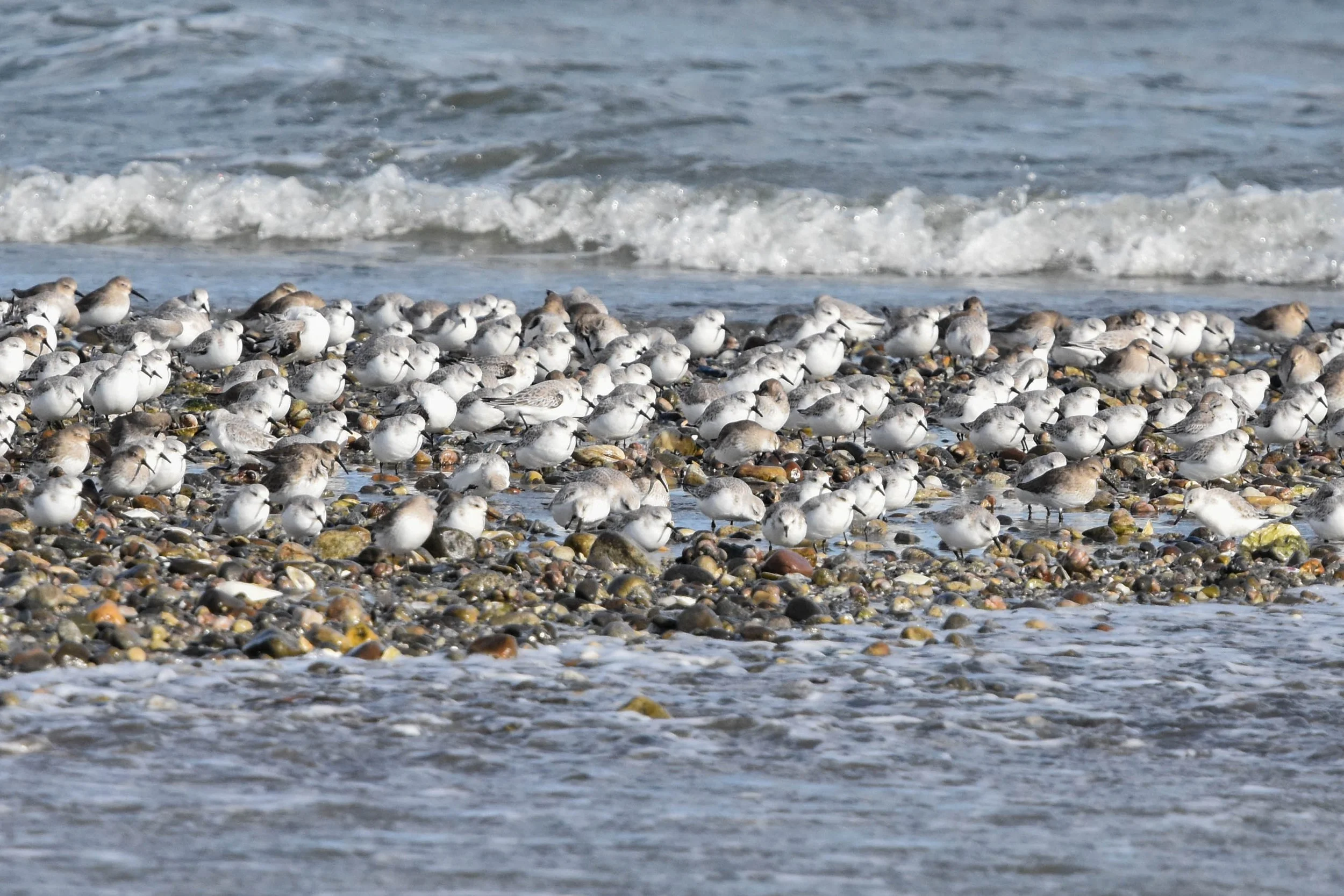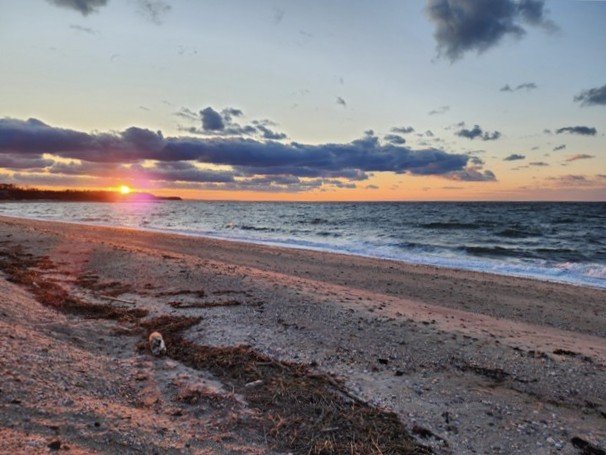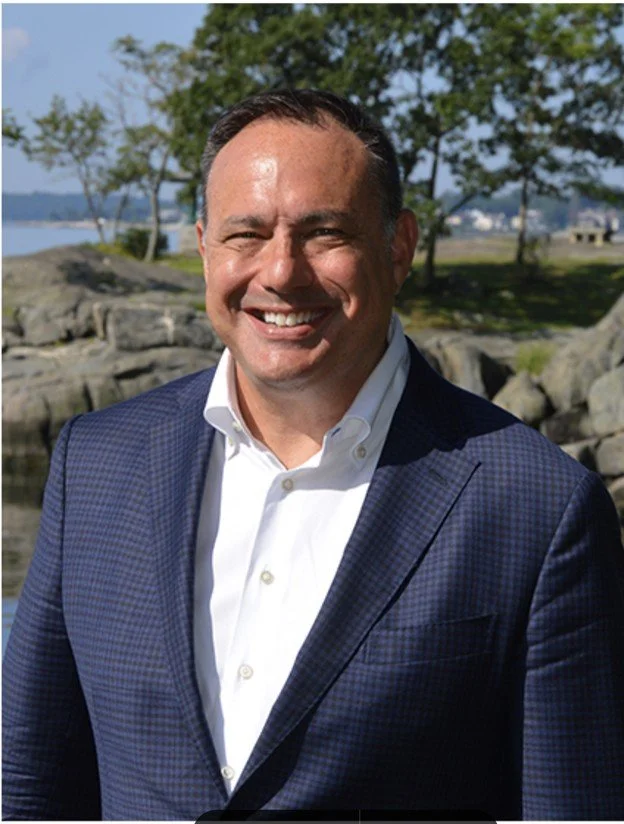Upcoming Public Programs
All BRSS programs are free and open to the public
Many programs offered are virtual using the Zoom app — see details below
We count! Raptor migration monitoring in the Americas
Wednesday October 8th @ 7:00PM
on Zoom with julie Brown
Julie Brown, Raptor Migration and Programs Director for the Hawk Migration Association (HMA), will speak about HMA’s work and the continental network of hawkwatching sites, why collecting spring and fall migration data is important, and what we’ve learned about raptor movements and populations. She’ll dive into migration data from hawkwatches around NY, CT, and NJ, as well as data from across the continent and what they’re showing us about the health of raptor populations.
Julie Brown is the Raptor Migration and Programs Director at the Hawk Migration Association. Before joining HMANA in 2009, she migrated throughout the US and tropics working as a field biologist primarily with raptors, focusing on human impact studies, migration research, and behavioral studies. She received her BS in Wildlife Ecology from the University of Maine and her MS in Conservation Biology from Antioch University New England, where she studied Peregrine Falcon migration in Costa Rica for her thesis. She lives in New Hampshire with her husband, whom she met hawkwatching, and her two bird-loving children, a flock of chickens, her dog, and lots of fruit trees. She is a volunteer counter at the Pack Monadnock Raptor Migration Observatory each fall.
Finch irruptions, finch feeding and the stokes guide to finches of the united states and canada
Thursday November 20th @ 7:00PM
on Zoom with matthew young
From backyards to wilderness peaks, finches are one of the most exciting, mysterious, and popular groups of songbirds. In this information-packed talk, Matthew Young, coauthor of The Stokes Guide to Finches of the United States and Canada, will introduce you to the finches of these countries, from feeder-favorite goldfinches to Red Crossbill tribes, to least-known mountain-top Black Rosy-Finches and endangered Hawaiian honeycreepers, covering identification, language, behavior, irruptions, finch conservation, and much more. Like the book, which is filled with interesting facts, scientific knowledge, and stunning photos, this talk will leave you understanding so much more about the finches you thought you knew. Matthew will also talk about feeding finches, The Crossbill Call Type Project, and the Evening Grosbeak Road to Recovery Project.
Matthew Young is a co-lead on the Evening Grosbeak Road to Recovery Project in addition to being the Founder and Board President of the Finch Research Network. Matthew worked in the field of social work with special needs populations at the William George Agency for 12+ years and is currently a Wild Bird Products Specialist and Conservation Coordinator for Aspen Song Wild Bird Food. Additionally, Matthew worked at the Cornell Lab of Ornithology across 15 years — his work covering Golden-Winged Warblers, voices of Hawaii’s Birds, and Merlin Bird ID — and was Project Lead on the Lab’s first Irruptive Finch Survey in 1999. Widely known as a preeminent authority on finches of North America, he has written finch species accounts for breeding bird atlases and Birds of the World, and has published several papers on finches and the Red Crossbill vocal complex.
From Bronx River to Bear Country: A Student’s Ornithological Odyssey
Wednesday December 10th @ 7:00PM
on Zoom with Violet Brill
From an off-grid island in Canada to bear country in Montana, Violet Brill, a senior at Cornell studying Environment and Sustainability, will share her journey into research at the Cornell Lab of Ornithology and beyond. Her honors thesis focuses on one of the only resident populations of Fox Sparrows, located on Mandarte Island in British Columbia—the site of a 60-plus-year Song Sparrow study and where she lived and gathered data for a summer. Using genomic tools, she investigates genetic differentiation between migratory and resident Sooty Fox Sparrow subspecies and examines how species may be flexible when faced with environmental change. She also explores her research on this population’s novel use of white gull feathers to line nests, which she presented as a poster at the American Ornithological Society 2025 conference. Finally, Violet will share her adventures as a field technician with the University of Montana’s Bird Ecology Lab, searching for songbird nests and assisting on an ecotoxicology project studying the long-term effects of mining on ecosystem health.
Violet Brill started birding with Bronx River–Sound Shore Audubon when she was 10 years old and grew up co-leading foraging tours with her father, “Wildman” Steve Brill, teaching about wild edible and medicinal plants in the New York region. After transferring from UMass Amherst Honors College, she is now a senior at Cornell University’s College of Agriculture and Life Sciences studying Environment and Sustainability, with a concentration in Environmental Biology and Applied Ecology. Violet conducts research with Jen Walsh in the Fuller Evolutionary Biology Lab at the Cornell Lab of Ornithology, where she combines genomics and field studies to understand the ecology, behavior, and conservation of songbirds. She is passionate about ornithology, conservation biology, and environmental education.
Return to the Sky: The Reintroduction of Bald Eagles
Wednesday January 14th @ 7:00PM
on Zoom with Tina morris
As the bald eagle, our national symbol, was facing extinction in the continental U.S. in 1976, Tina Morris was beginning her graduate work at Cornell University. By luck and circumstance, she was selected to reintroduce the species into New York State in the hope that eagles could repopulate eastern North America. Young, female, with no experience, she faced the challenges of saving this iconic bird while striving for acceptance in the unfamiliar male-dominated world of raptor biology. Playing mother to seven eagles forced her to transcend the isolation of field research to rescue an endangered species while in turn rescuing herself.
Tina Morris completed her graduate work in ornithology and wildlife biology at Cornell in 1978, writing her thesis on the adaptations of hacking techniques to reintroduce bald eagles. Following her studies at Cornell, she worked for the U.S. Fish and Wildlife Service and the Nature Conservancy for several years, focusing on endangered species and critical habitat conservation, before embarking on a 23-year career teaching English and biology. Since her retirement in 2020, she has devoted her time to her own writing, especially creative nonfiction with a science or nature focus. Thirty years ago, with four children in tow, Tina and her husband bought a farm in northern Massachusetts, which they manage as a wildlife sanctuary, promoting biodiversity and habitat protection for species in decline.
Splitting Feathers: How Genetics Is Redefining Bird Classification
Wednesday February 11th @ 7:00PM
on Zoom with Ricky Flamio
What is a species? We used to think a species was something that could not breed with another group, but we now know that is no longer the case. Every October, the eBird Taxonomy Update is released and we witness the splitting of familiar bird species into two (or more) and the lumping or combining of multiple species into one. In this talk, I will explain the process by which these taxonomy updates occur as well as the DNA evidence that backs a lot of these changes. We will explore topics such as cryptic (morphologically similar) species, hybridization, and subspecies, using examples from real bird groups, that make classification challenging. We will end with a discussion on why classification is important, despite nature’s resistance to fit neatly into defined boxes.
Richard (Ricky) Flamio Jr., PhD, a current board member of Bronx River - Sound Shore Audubon, is a geneticist with a PhD in Zoology. Dr. Flamio’s PhD dissertation focused on the conservation of endangered sturgeon, and his postdoctoral work involved the production of the wood stork genome. Dr. Flamio currently works in Manhattan at Hospital for Special Surgery and Weill Cornell Medical College, where he uses his genetic background to study lupus, an autoimmune disease that causes chronic inflammation and multi-organ tissue damage in those afflicted. He also teaches a research methods class to City University of New York students, and he enjoys mentoring the next generation of scientists.
Creating Bird Habitat Through Green Infrastructure in Urban Areas
Wednesday March 18th @ 7:00PM
on Zoom with dustin partridge
From a bird’s-eye view, New York City is a landscape of concrete and glass and a space dominated by impervious surfaces that offer little value to wildlife. Yet, up to 25 million birds migrate through the city each year. When thoughtfully designed, green infrastructure like green roofs and bioswales can serve as vital habitat patches in a densely built environment. This talk will explore which bird and bat species are using small urban green spaces, how to design green infrastructure for conservation impact, and present case studies that demonstrate its potential to support biodiversity in cities.
Dr. Dustin Partridge, the Director of Conservation and Science at NYC Bird Alliance, is a pioneering scientist in urban green space conservation research in North America. His work, focused on wildlife conservation in New York City, has driven cities to reconsider the ecological value of small green spaces. Dr. Partridge’s published research has reshaped the national conversation on the role of cities in conservation and led to significant policy changes in New York City. These include the passage of Local Laws 92 and 94, which mandate green roof and solar installations on new buildings, and the Green Roof Tax Abatement, which offers substantial financial incentives for green roof installations in high-need areas. An adjunct professor at Columbia University and a sought-after speaker in media and public forums, Dr. Partridge is a scientist whose approach to conservation is based in using science to drive solutions that benefit both wildlife and people.
shorebirds in spring
Wednesday April 15th @ 7:00PM
on Zoom with tom reed
For many birders, spring is about the warblers—and rightly so. But eventually, the trees leaf out, the mosquitoes arrive, and we’re getting ready to schedule an appointment for a bad case of warbler neck. When this happens, it’s time to look at shorebirds! Join Tom Reed, the Migration Monitoring Coordinator at NJ Audubon’s Cape May Bird Observatory, for a spring refresher on all things sandpipers: identification, status and distribution, and maybe even a little bit about how Tom and his team keep tabs on their numbers at Cape May.
Tom Reed, a lifelong resident of Cape May County, NJ, has been fascinated by birds since the age of 10. He is the first Migration Monitoring Coordinator for New Jersey Audubon’s Cape May Bird Observatory, responsible for keeping the observatory’s finger on the pulse of migration. Each year, Tom oversees six monitoring projects that collect data on 300+ species of birds, as well as migratory insects and marine mammals. Tom also plays a role in the organization’s eco-travel and guide-for-hire programs. In his spare time, Tom serves as the avian naturalist with the Cape May Whale Watch & Research Center.
2026 State of the Sound: Westchester County
Wednesday May 13th @ 7:00PM
on Zoom with David Ansel
David Ansel, vice president of Save the Sound’s Center for Water Protection, will detail the organization’s ongoing work in Westchester County to protect Long Island Sound and its rivers, fight climate change, save endangered lands, and work with nature to restore ecosystems. He and his colleagues will discuss Save the Sound’s expanded Soundkeeper program and its Water Quality team, which conducts multiple monitoring programs in Westchester and around the Sound; produces annual water quality reports; and tuns the state-certified John and Daria Barry Foundation in its New York headquarters in Larchmont. The presentation also will provide an overview of Save the Sound’s new Alexander Center for Ecological Action which, through its Ecological Restoration team and the Doherty Climate and Resilience Institute, works around the Sound shore to remove obsolete dams, install green infrastructure, protect habitat, and stabilize our shorelines.
David Ansel’s career-long interest in the environment began during his undergraduate years and continued with a clerkship in the Environmental Civil Enforcement Division of the Massachusetts Attorney General’s office. He received a B.A. in Political Science from Boston University and a J.D. from the University of Wisconsin Law School, where he was the Senior Articles Editor of the Environmental Law Journal. After spending three decades as a lawyer in private practice, since 2022 David has led Save the Sound’s policy and advocacy work in Albany, New York City and at the county and municipal levels. David is a member of the Executive Leadership Council of the New York City Bar Association. He has also served on the NYCBA’s Sub-Committee for Environmental Law and has held Board and Trustee position with leading environmental nonprofits, including Waterkeeper Alliance, Riverkeeper, and the Westchester Land Trust.
